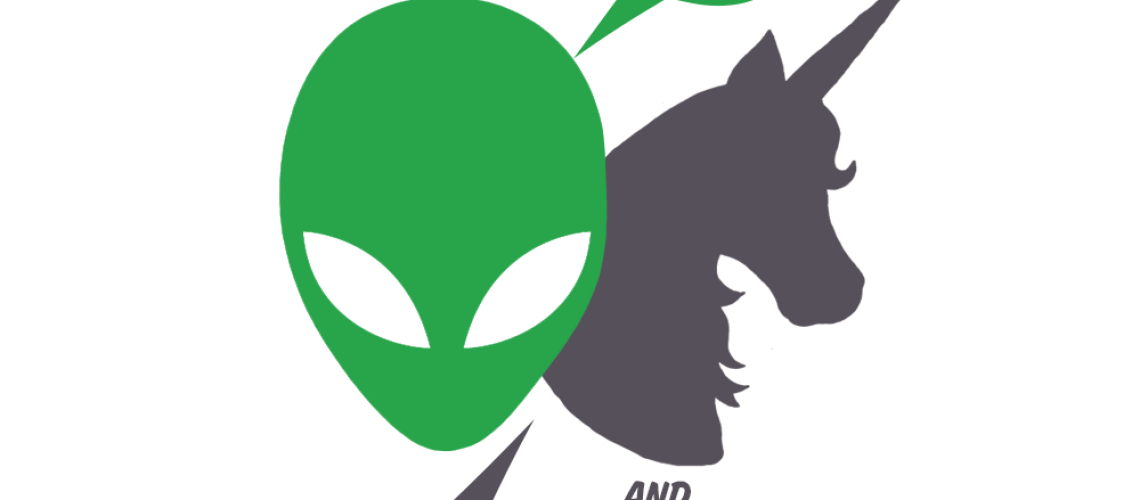One of my pet peeves as a publishing professional: the author’s 70% share on KDP is not a ‘royalty.’ It’s the author-publisher’s share. Royalties are paid when rights are taken by a publisher and that content is then sold through vendors. KDP isn’t licensing rights and creating an end-product to sell, it’s just selling end-product. The use of the term ‘royalty’ muddles the reality of the relationship between an author and the vendor. Self-publishing is a solid path to publication now, but let’s be clear what KDP, Nook Press and other vendors are: vendors.
When you’re a publisher, you come to terms with vendors – how they’ll sell your product, what discount they get (which then informs their margin), whether they can return the product, and so on.
Signing a KDP/Nook Press/etc. deal is signing with a vendor. The thing is that KDP and other vendors that court self-publishers hold a vast amount of power compared to individual small business of self-publishers, so those vendors feel empowered to dictate terms, and are unlikely to negotiate those terms. These vendors depend on volume of sales across a range of agreements rather than on securing a distribution agreement with any specific author (though I imagine they might care more about signing up each new Hugh Howey or Sylvia Day book, or the like).
On Twitter, Jaye Wells reminded me that that KDP and other vendors send authors 1099s for their publishers share and that the IRS asks writers to report self-publishing income as ‘royalties.’ From a publishing terminology perspective, that is also wrong. But I’m not a lawyer, so there’s that. Please don’t listen to me over your agent or your legal council when it comes to reporting your income to the IRS. I’m making a point of semantics.
I know, semantics. But before you raise your rotten fruits, know that I have a larger point.
What I think this terminology confusion does is creates the subtle notion that KDP, Nook Press, and/or the other self-publishing vendors have a different relationship to the author than they really do. When a publisher buys rights, they agree to exercise those rights to the best of their ability, and invest substantial capital resources in turning your manuscript into a book – spending their own money and personell-hours on cover design, editing, layout, etc.
KDP, Nook Press and other self-publishers will take your product and your meta-data and put it on their digital shelves. They may provide marketing assistance, but that’s what any vendor would do to better sell their product.
It’s a different relationship, and I think it’s very important for us as writers and businesspeople to be sober about the realities of those differences, and what they mean in terms of the relationships created by different paths to publication:
1) When have with publishers when we sell rights to then collect royalties
2) When we partner with vendors and collect a publisher’s share.
3) Etc.
Before we finish, let me be clear: I’m both pro-trad and pro-indie when it comes to publishing. As businesspeople, it behooves us to evaluate the pluses and minuses of each way of doing business, and I’m in total agreement with my colleagues (notably Tobias Buckell, Monica Valentinelli, and Chuck Wendig) who encourage writers to diversify their income streams to protect against the lost income should any one relationship sour.
But when you go into any prospective business relationship, make sure what you know you’re getting into, and don’t let a publisher or vendor get away with spinning the language in a way that confounds the reality of the contract you’re signing, whether that’s a sale of rights or the creation of a vendor relationship.








One Response